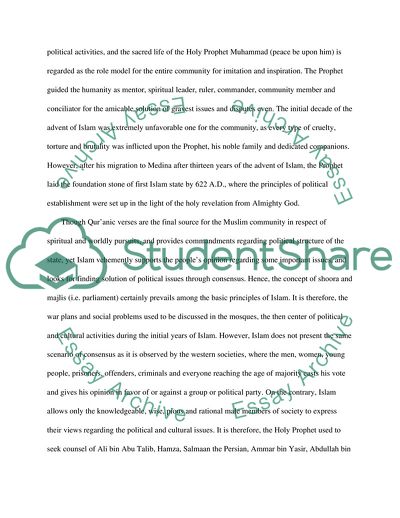Cite this document
(Islam and Democracy Research Paper Example | Topics and Well Written Essays - 750 words - 1, n.d.)
Islam and Democracy Research Paper Example | Topics and Well Written Essays - 750 words - 1. https://studentshare.org/religion-and-theology/1749483-islam-and-democracy
Islam and Democracy Research Paper Example | Topics and Well Written Essays - 750 words - 1. https://studentshare.org/religion-and-theology/1749483-islam-and-democracy
(Islam and Democracy Research Paper Example | Topics and Well Written Essays - 750 Words - 1)
Islam and Democracy Research Paper Example | Topics and Well Written Essays - 750 Words - 1. https://studentshare.org/religion-and-theology/1749483-islam-and-democracy.
Islam and Democracy Research Paper Example | Topics and Well Written Essays - 750 Words - 1. https://studentshare.org/religion-and-theology/1749483-islam-and-democracy.
“Islam and Democracy Research Paper Example | Topics and Well Written Essays - 750 Words - 1”. https://studentshare.org/religion-and-theology/1749483-islam-and-democracy.


